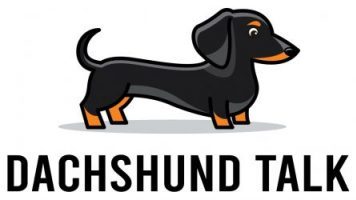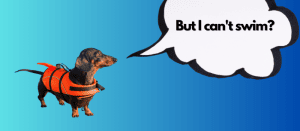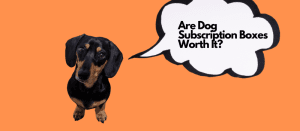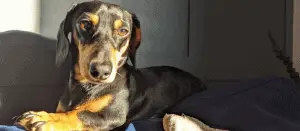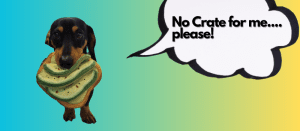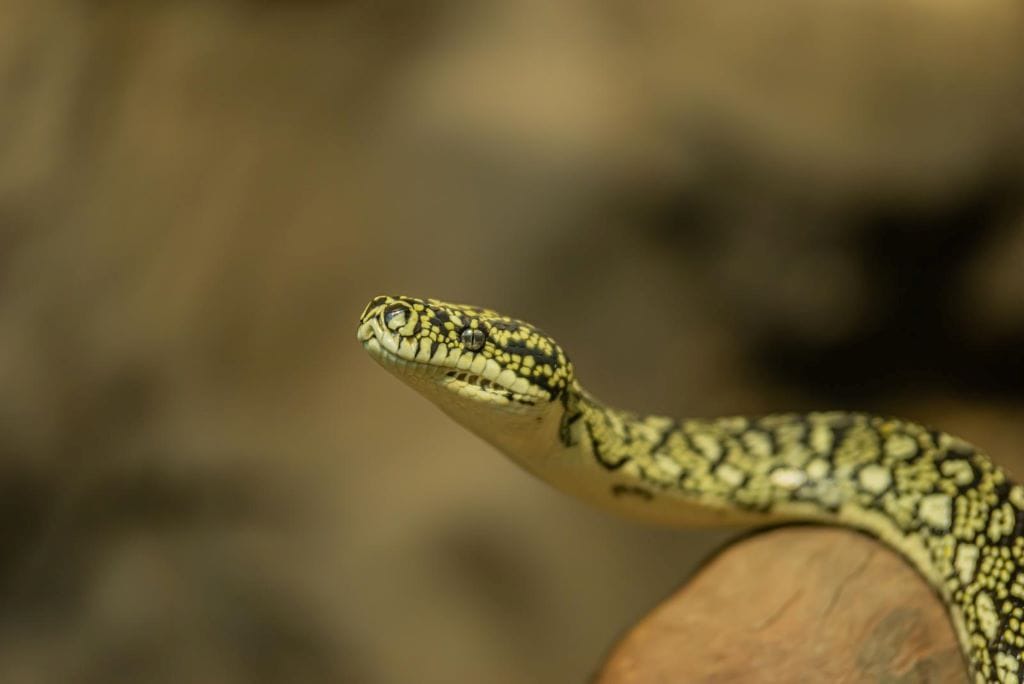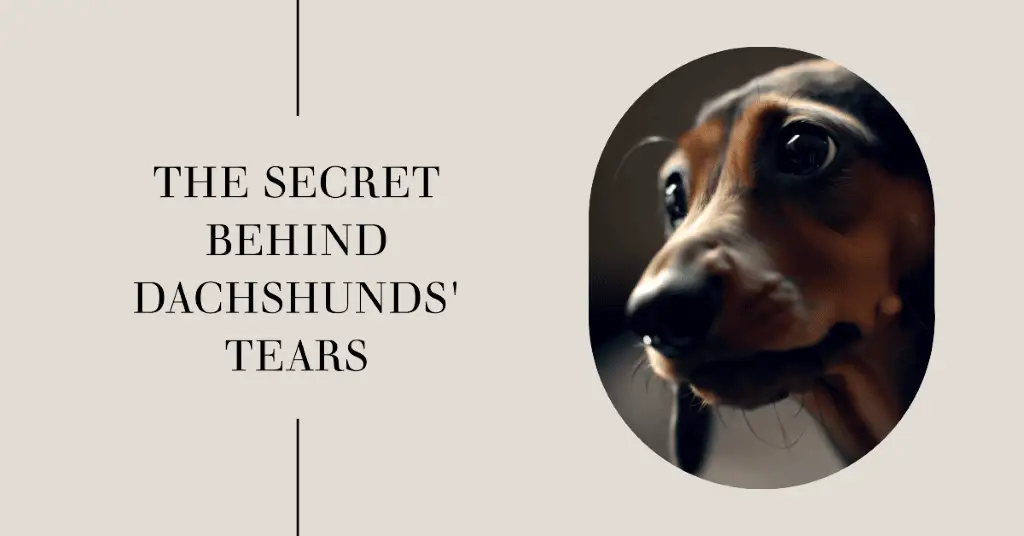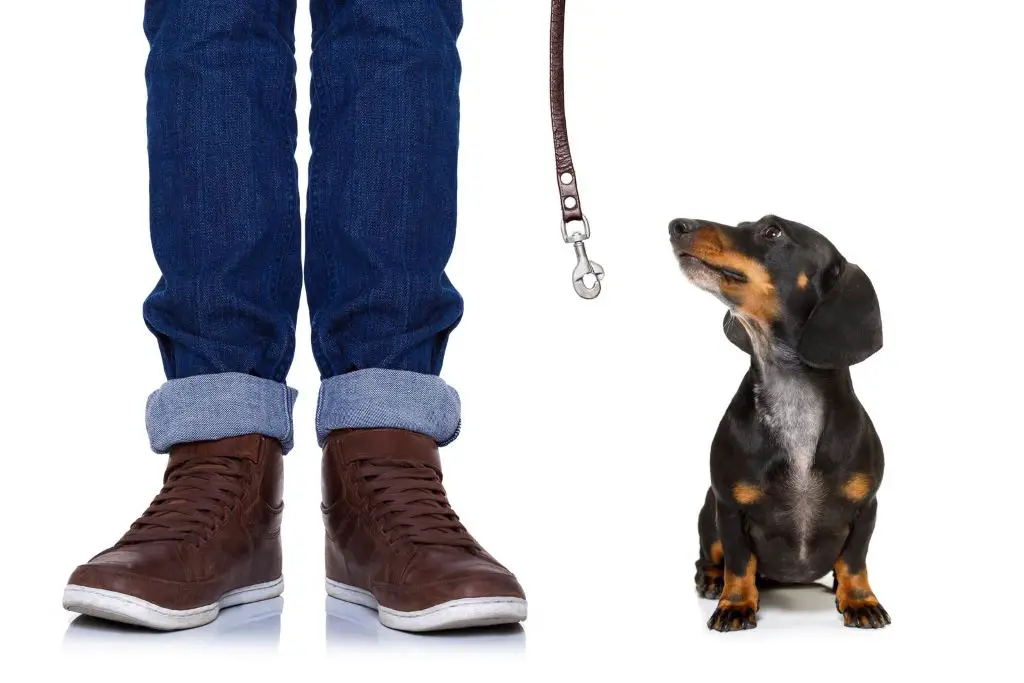Dachshunds are a popular breed of dog, known for their long and low body shape. They are also prone to develop health conditions such as intervertebral disk disease (IVDD), which can be exacerbated by dietary factors. Some people believe that grain free diets may be beneficial for dachshunds with IVDD, but there is limited scientific evidence to support this claim.
Should dachshunds eat grain free?
We believe the answer is “no.” This article explains why.
When you research canine diets on your own, you’ll come across two main types of feeding protocols: BARF (Bones & Raw Food or Biologically Appropriate Raw Food) and kibble. The main difference between the two is that BARF diets involve raw foods, which must be carefully balanced to meet all a dog’s nutritional needs, while kibble diets are processed grains with supplements added in to approximate the balance found in raw foods.
So, what does this have to do with dachshunds eating grain free? It means that if you’re feeding your dachshund a BARF diet, then they shouldn’t eat kibble or vice versa. Most BARF diets are meat-based, and many people feed kibble because the meat is more expensive than grain. However, feeding a dog a diet that’s not biologically appropriate can lead to problems, such as weight gain, skin problems, poor dental health, and in some cases, even organ failure.
Are grains bad for dachshunds?
Well, not exactly bad, but it can cause problems. There are two main reasons for this… First, grains are mainly starchy carbs that turn into sugar in the body very quickly, and that can lead to insulin spikes. Second, they are difficult for your dachshund to digest. The result is that some of these carbohydrates simply pass through the body undigested, causing unpleasant effects for your pup.
Grains are also suspected of causing food allergies, so many dachshund owners don’t feed their dogs any grains, including corn. If you read dog food package labels, you will notice that some companies include grain products in their canned or dry kibble foods while others do not—many of those that don’t use rice as the carbohydrate source instead.
Is grain free really bad for dogs?
According to pet food manufacturers, feeding your dog grain-free is better.
But is it?
The answer to that question isn’t simple.
Let’s answer that by having a look at each of these two questions below.
Are Grain-Free Dog Foods Healthier?
The answer to this question is “yes,” grain-free diets are healthier for some dogs. They may be appropriate for certain breeds, sizes, and metabolisms while also causing absolutely no problems in other dogs. The problem is that pet food manufacturers are making claims based on studies done on mice, not dogs.
Do Grain Free Diets Cause Problems?
The unequivocal answer to this is “yes,” some grain free diets cause problems. The bigger problem (no pun intended) is it is very difficult for veterinarians to assess whether a dog has any grain sensitivities because we can’t test for it.
There are many theories as to why this is happening, but the likely cause seems to be that pet food manufacturers are taking advantage of consumer fears about allergies and making claims without any supporting evidence. The problem isn’t with the diets; it’s with the claims made by pet food manufacturers.
What Can I Feed My Dachshund with Grain Allergies?
Figuring out what foods are safe for your dachshund can be a tricky process. Just when you think you have it down, new research reveals that some of the things you’ve been feeding him may not be good for him after all. You might also decide to move your dog to a new type of diet, such as grain-free foods, which will also require some adjustment.
Although there aren’t many studies on whether grain-free diets are better for your dachshund than those with grains, they seem to be becoming more and more popular. There isn’t a reason not to switch your dog if you think he’d do better without grains — if you do it gradually.
When you’ve had your dachshund on the same food for too long, your digestive system has likely grown accustomed to it. If you suddenly change his diet, he may experience upset stomachs and diarrhea. The best way to avoid this is by switching foods slowly instead of all at once. This ensures that your dachshund’s system can adapt to the food without any problems.
If you decide that your dog would be better off with grain-free foods, try these tips below on how to switch him over gradually.
1. Gradually reduce the current food you’re feeding until it has been completely replaced by the new one. This way, you won’t have to worry about your dog’s sensitive stomach.
2. Add a little bit of the new food into your dog’s usual diet. If he has no problems when you do this, add more each day until there is only the new food in his bowl.
3. Check for symptoms of discomfort after every meal to ensure the transition is going smoothly.
4. Take your time during the switch; it can take some dogs up to a week or more to fully adapt. If you move too quickly, he might get sick again.
Should you be Concerned About Grain-Free Dog Food?
In recent years, dog owners have been confronted with a multitude of choices when it comes to their dogs’ food, from what type of food is best to what type of food is healthiest. Some dog foods are based on ingredients that may be controversial, such as by-products and filler grains – ingredients not necessarily found in nature –while others boast of “novel” ingredients such as peas, garbanzo beans, and lentils.
Another emerging trend in dog food is the move toward grain-free kibble. This has sparked a lively debate about whether such diets should be avoided by canines. There are still some who may believe that any food that isn’t meat-based should not be fed to dogs, but science has soundly proved that this is simply incorrect.
Conclusion
Grain-free diets are a great way to avoid the harmful effects of grains on your doxie’s health. Without access or an allergy, these food items can cause nutritional deficiencies and even lead them into danger! It is important to consult a vet if you suspect your dog’s diet might be causing him distress. Even eliminating the consumption of one food item can cause nutritional deficiencies or, worse, harm his health!
